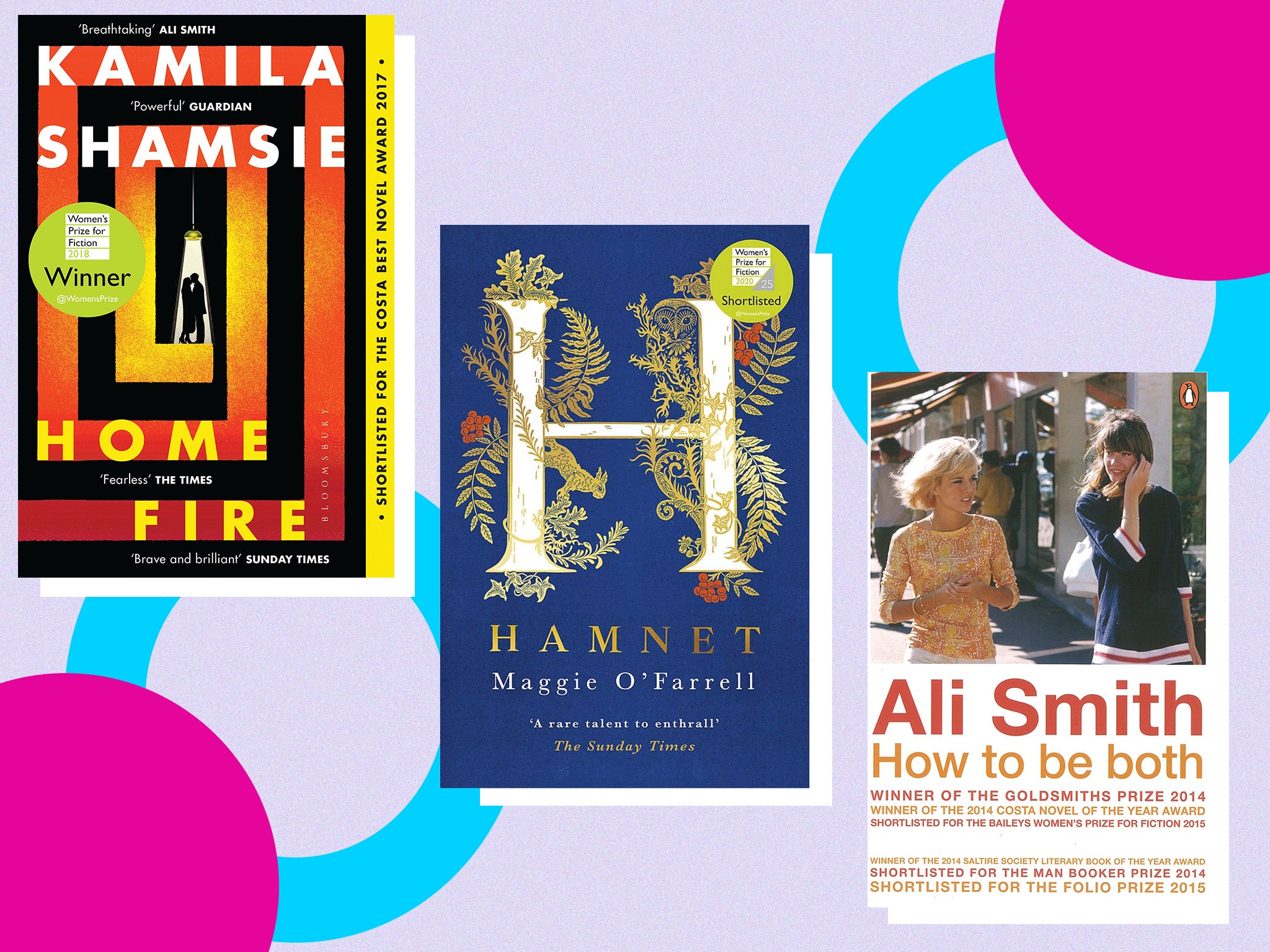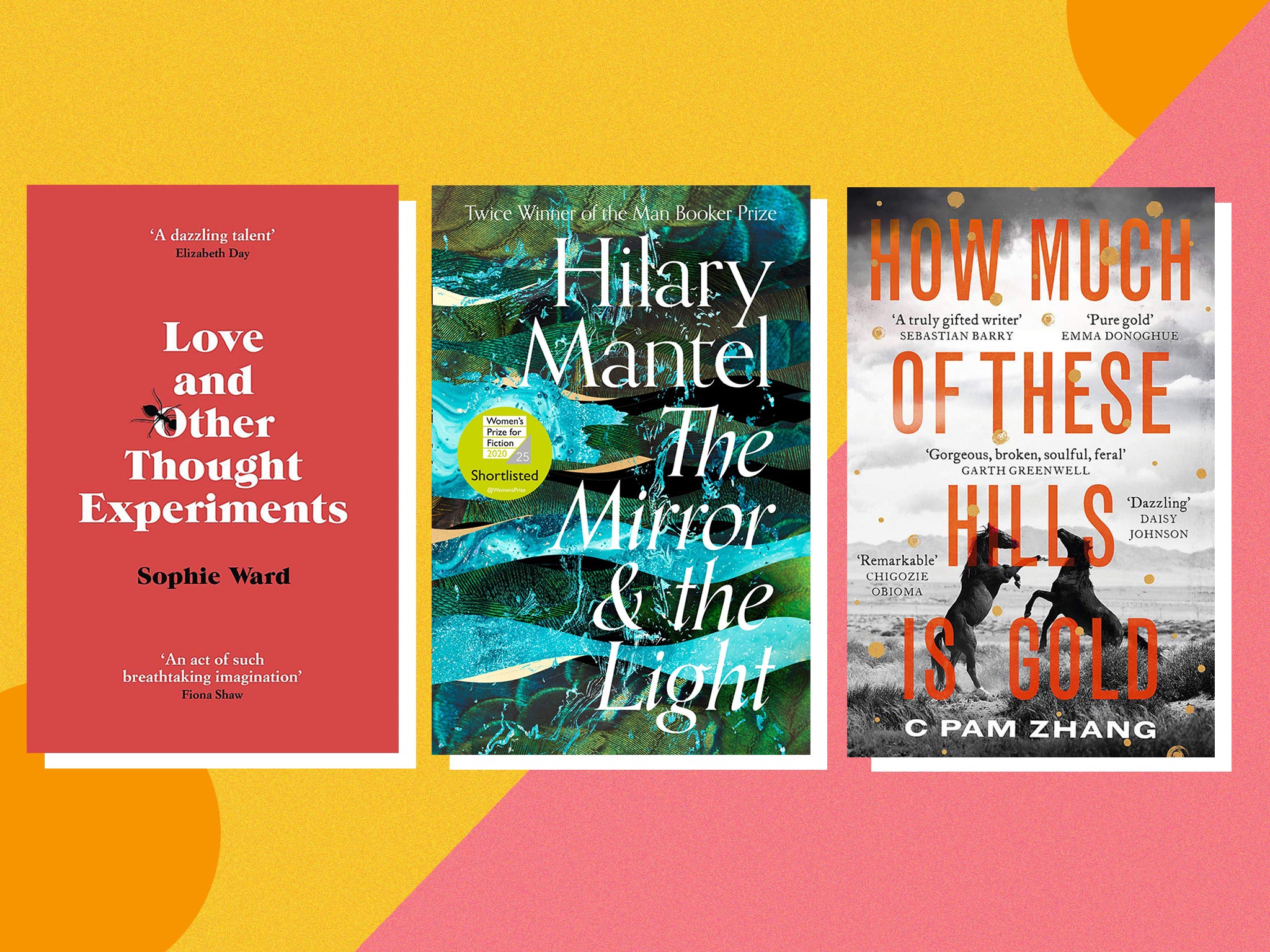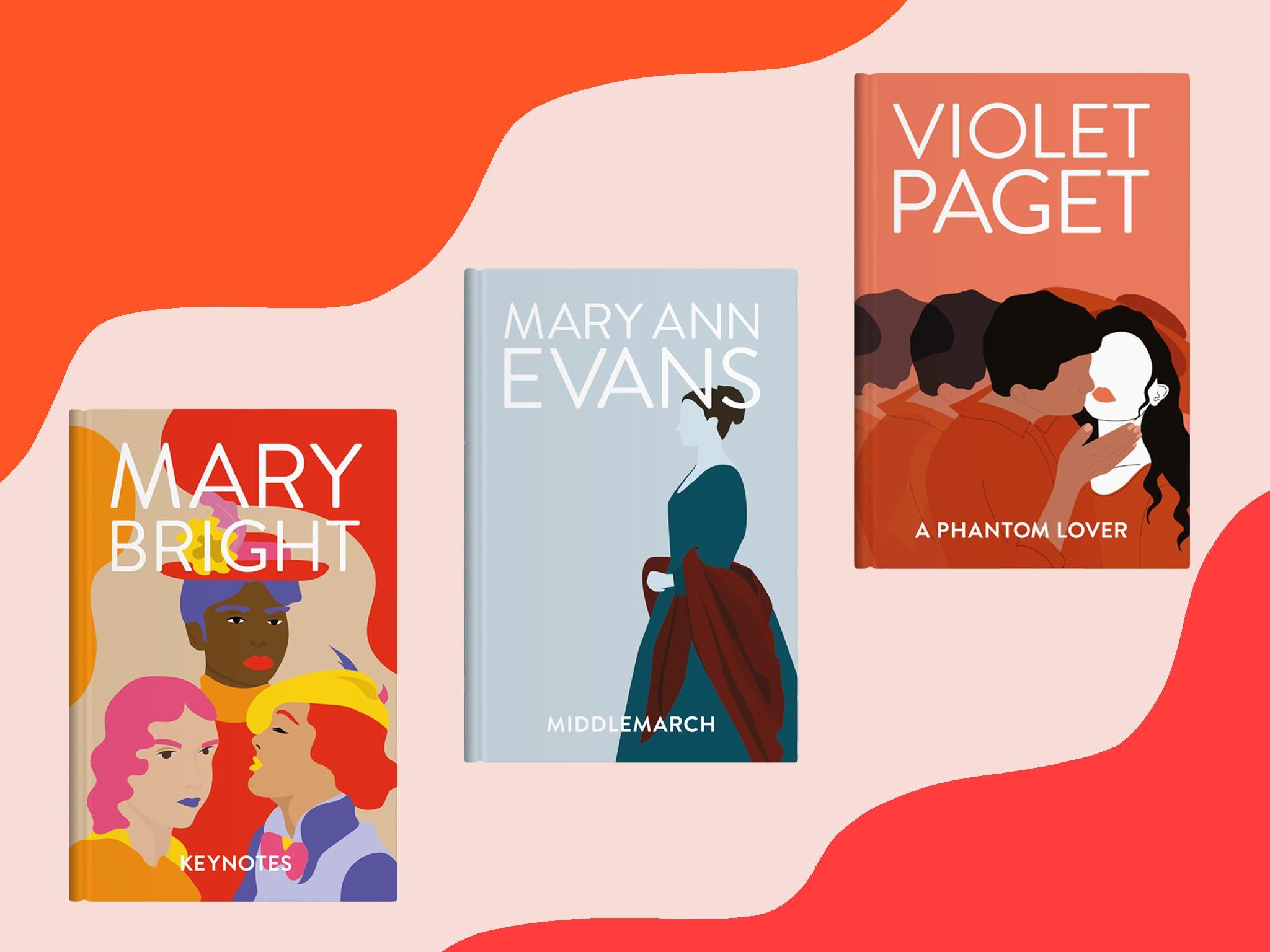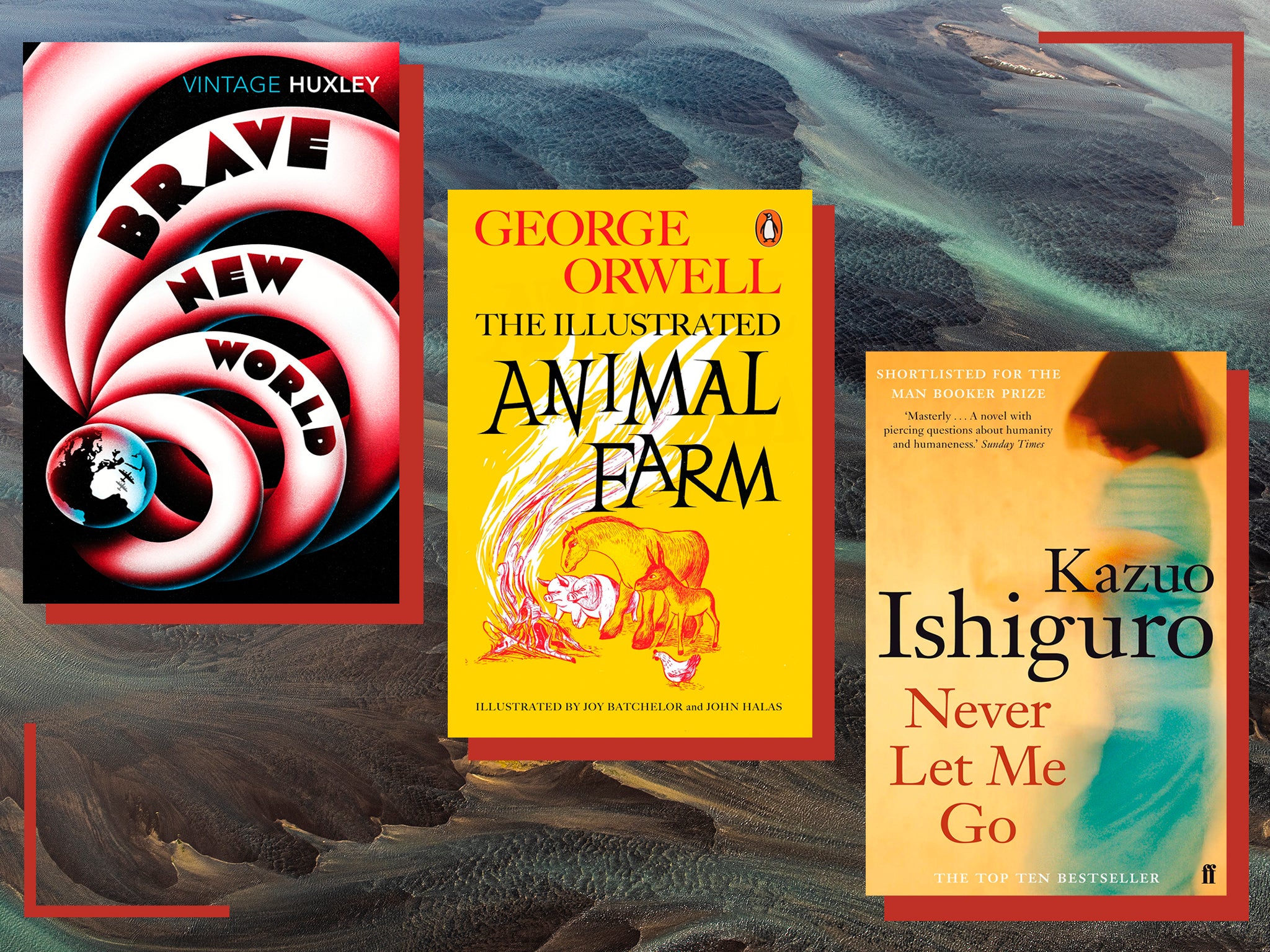Maggie O’Farrell has been crowned this year’s winner of the Women’s Prize for Fiction, taking the award for her eighth book Hamnet.
Founded in 1996, the Women’s Prize for Fiction is one of the UK’s most prestigious book awards and showcases the remarkable originality, accessibility and excellence within novels written by women around the world.
The winner was due to be announced on 3 June, but because of the pandemic, the ceremony was postponed until Wednesday 9 September, the first postponement and digital event in the award’s history.
The judges – chair and businesswoman Martha Lane Fox; co-founder of The Black British Business Awards Melanie Eusebe; writer and activist Scarlett Curtis; author and comedian Viv Groskop; and author Paula Hawkins – were tasked with the near-impossible job of awarding this year’s winner from a stellar line-up.
But the 25th winner is Maggie O’Farrell for her novel Hamnet. Set in 1596, the story is inspired by the short life of Shakespeare’s son who died at the age of 11 and explores the devastating impact his death had on the family’s life.
The chair of the judges, Martha Lane Fox, said: “Hamnet, while set long ago, like all truly great novels expresses something profound about the human experience that seems both extraordinarily current and at the same time, enduring.”
Maggie O’Farrell beat five other, similarly remarkable finalists – Angie Cruz, Bernardine Evaristo, Natalie Haynes, Hilary Mantel and Jenny Offill – whose stories all draw on a broad range of experiences and themes; touching on everything from identity, gender, and power to war, grief, and the climate crisis.
Since the prize was established 25 years ago, a lot has undoubtedly changed. But, one of the things that remains the same is that fiction has a unique power to transport us beyond our current state of mind and take us on a journey through time and space to new, unchartered territories. Something many of us are in need of today, and always.
While society has progressed, and publishing has become increasingly more inclusive, there’s a continued need for greater access to a diversity of voices from within fiction. This is why the Women’s Prize for Fiction remains as important today as it was in 1996, and acts as an integral reminder that we must continue to champion women’s voices in literature.
In honour of the 25th anniversary of the prize, we’ve taken a look at this year’s winning novel and the previous five top titles that preceded it, all of which showcase the wonders of the female written word. Join us in championing and supporting women writers from across the globe by reading these truly remarkable novels.
You can trust our independent round-ups. We may earn commission from some of the retailers, but we never allow this to influence selections. This revenue helps us to fund journalism across The Independent.




